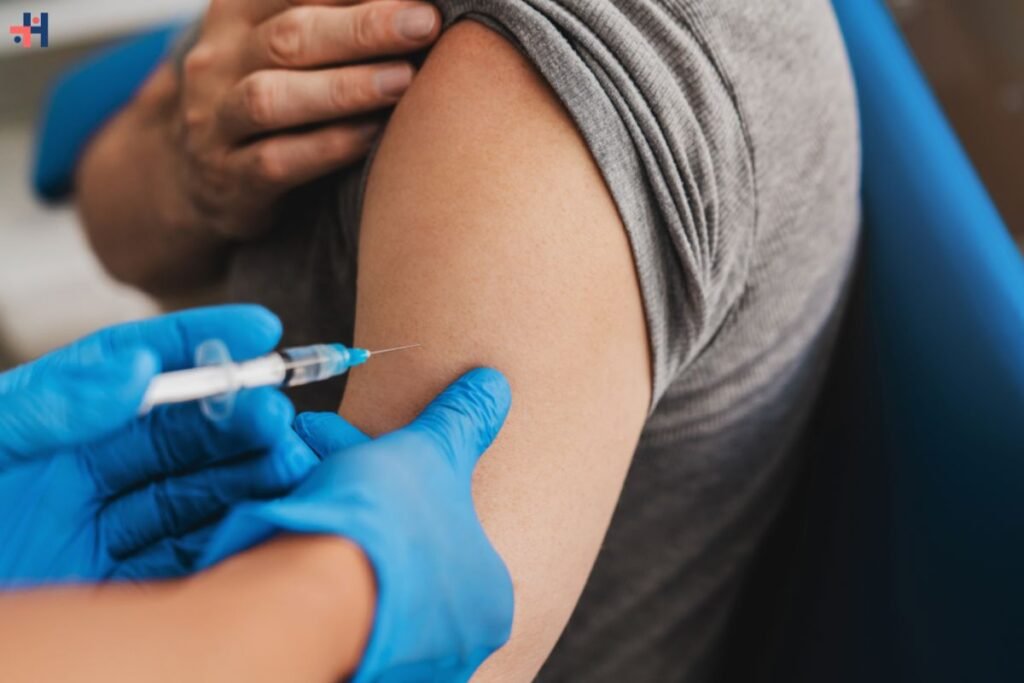(Source-Aidsmap)
More than two years after the initial outbreak, mpox cases are on the rise once again, yet many individuals at risk remain unaware of the renewed threat. During Pride Month, public health officials have been emphasizing the critical need for vaccinations to prevent a potential resurgence. Army Cachero, a member of the public health outreach team at the University of California, Los Angeles, highlighted the urgency of the situation to CBS News. He noted that because mpox cases is not currently in the news, many people do not feel compelled to get vaccinated. Despite the serious risks posed by the virus, only 23% of those at risk nationwide have received the vaccine.
The Serious Symptoms and Risks of Mpox
The symptoms of mpox cases include severe rash and blistering, body aches, fever, and in some cases, it can be deadly. Jose Velasquez, who was infected during the 2022 outbreak, recalls the intense fear and pain he experienced, which led to his hospitalization. “I was actually hospitalized. I got to the point that my lymph nodes were really swollen,” Velasquez shared. Having received the vaccine, he now feels a sense of relief. Men who have sex with men and trans women are at the highest risk of contracting mpox. However, several barriers hinder vaccination efforts, particularly among people of color. Cachero pointed out that misinformation, lack of healthcare access, and distrust in the healthcare system contribute to lower vaccination rates in these communities.
Advocacy and Research Highlight the Need for Adapted Public Health Messaging
Public health officials across the country are working diligently to avoid a repeat of the panic and confusion experienced during the summer of 2022. In New York, public health advocates Nick Diamond and his husband, Keletso Makofane, are focusing on effective outreach. Diamond emphasized the personal nature of their advocacy, noting that their friends and neighbors are directly concerned about infection. Their research indicates that many at-risk individuals connect online and meet in private homes, necessitating new approaches to public health messaging. Makofane stressed the importance of collaboration, urgency, and speed in adapting strategies to better reach these individuals. “If we don’t build that muscle, we are going to suffer more than we need to suffer,” he warned.
As mpox cases continue to rise, advocates and public health officials are calling for increased vaccination efforts to protect those most vulnerable and prevent another widespread outbreak.









